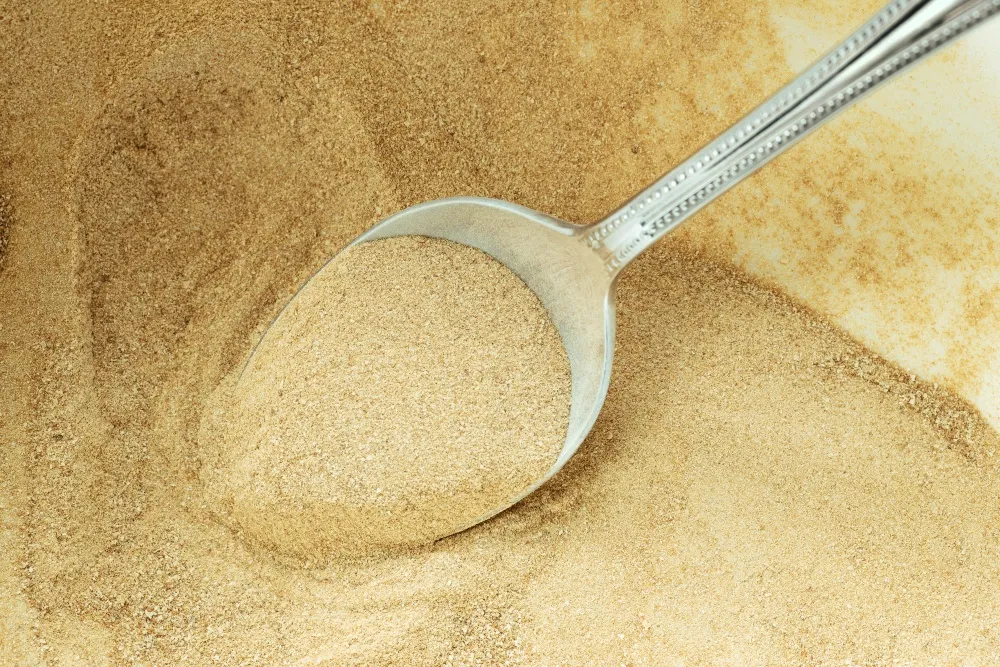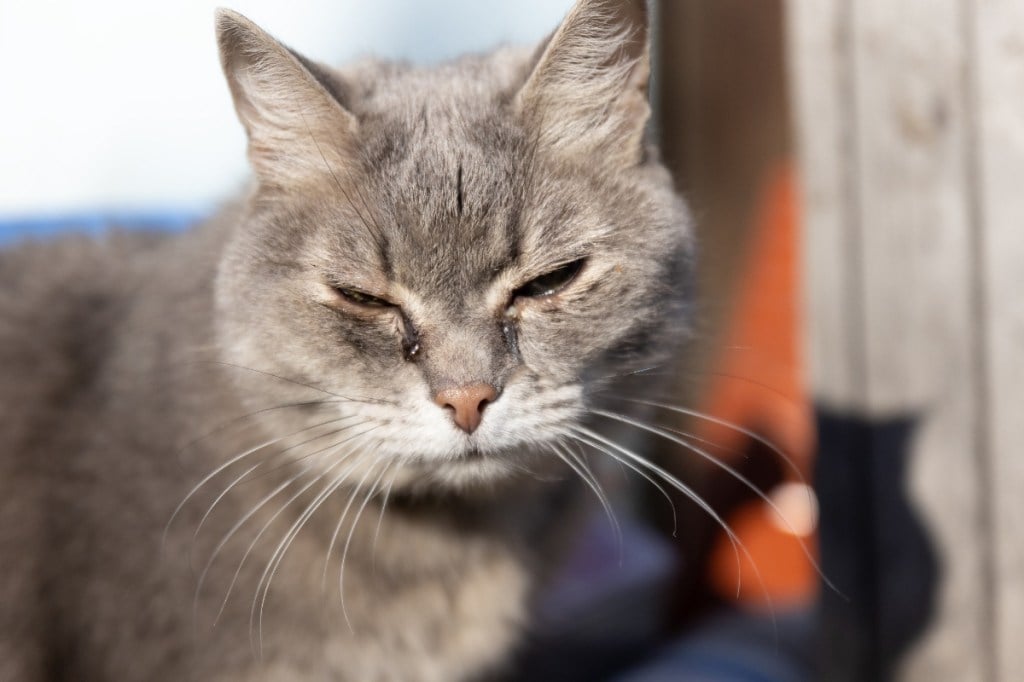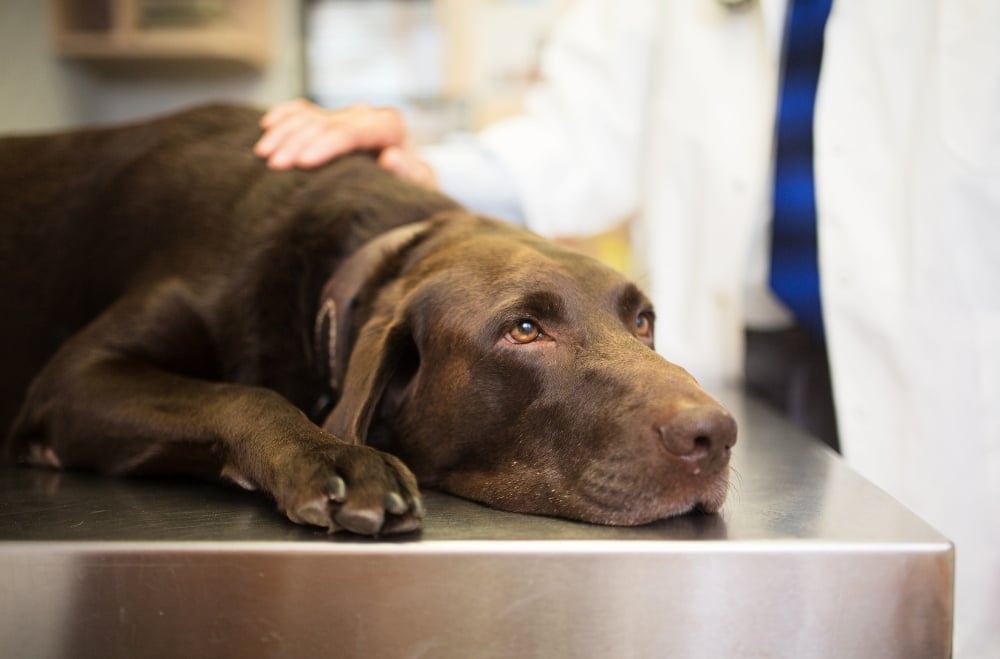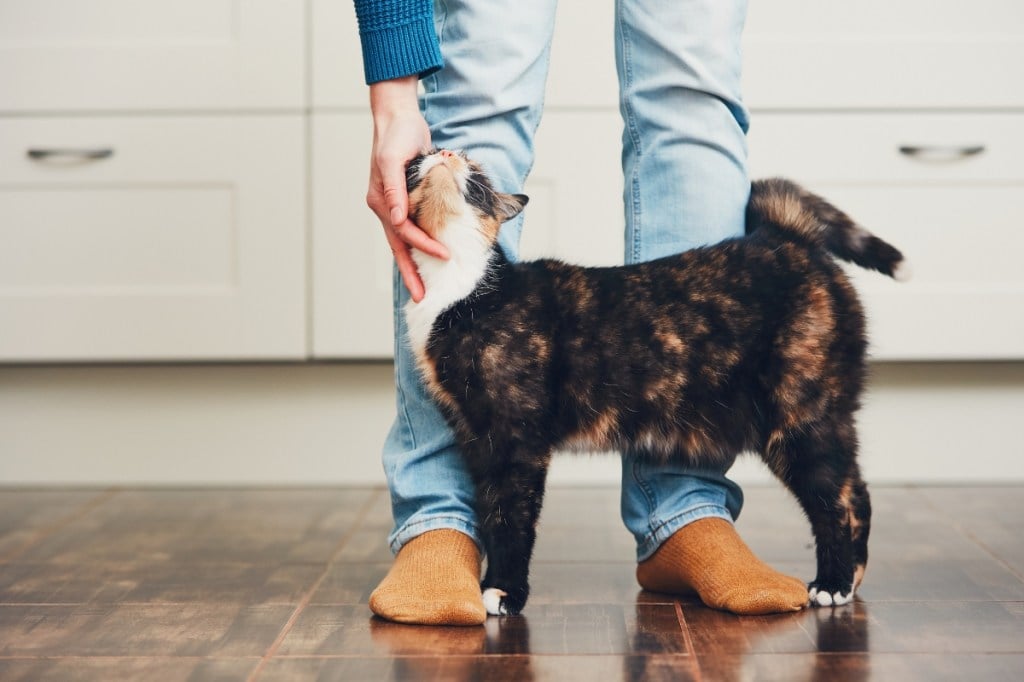Table of Contents
Brewer’s yeast and nutritional yeast are popular nutritional supplements for both cats and dogs. Yeast supplements are a good added source of protein and fiber; in fact, many commercial cat foods contain brewer’s yeast in the list of ingredients.
What is brewer’s yeast?
Brewer’s yeast is traditionally a byproduct of the beer-making process but can also be primarily grown. Both brewer’s yeast and nutritional yeast can be cultivated on sugarcane or beet molasses. Unlike yeast used for baking bread, these forms of yeast are deactivated and safe for your pet to consume.
Yeast for making bread is bad for pets
Activated yeast is highly toxic to pets because when ingested, it ferments and expands. Ethanol is a byproduct of the fermentation process, which puts your pet at risk of alcohol poisoning, and the expanding gases can cause harmful bloating.
Benefits of brewer’s yeast and nutritional yeast
- Both types of yeast are a healthy source of protein, fiber, B vitamins, and potassium. They are naturally low in fat and free of sugar and dairy.
- B vitamins are beneficial for skin, coat, and eye health and promote a shiny coat and reduced shedding.
- Brewer’s yeast contains chromium which helps to regulate blood sugar and stabilize the metabolism.
- Nutritional yeast has a nutty or cheesy flavor which can be appetizing to your cat and encourage a finicky eater to chow down.
- Brewer’s yeast may help deter fleas by making your cat taste unpleasant to a biting flea.
Dosage of brewer’s yeast for cats
Yeast supplements can be purchased as a powder, tablet, or liquid. For powdered yeast, give your cat up to 1 teaspoon per day, mixed with her food. If you use tablets or liquid, follow the directions on the packaging.
Side effects
Allergies: Some cats are allergic to yeast, so it’s best to start with only a small dose and watch for reactions. Allergy symptoms include excessive scratching, licking, skin redness, and sneezing.
Tummy troubles: Yeast may also cause gastrointestinal problems, and your cat might show symptoms of vomiting, diarrhea, or lethargy.
If your cat has any reactions, discontinue the use of yeast supplements. Contact your veterinarian if symptoms are persistent or severe.








